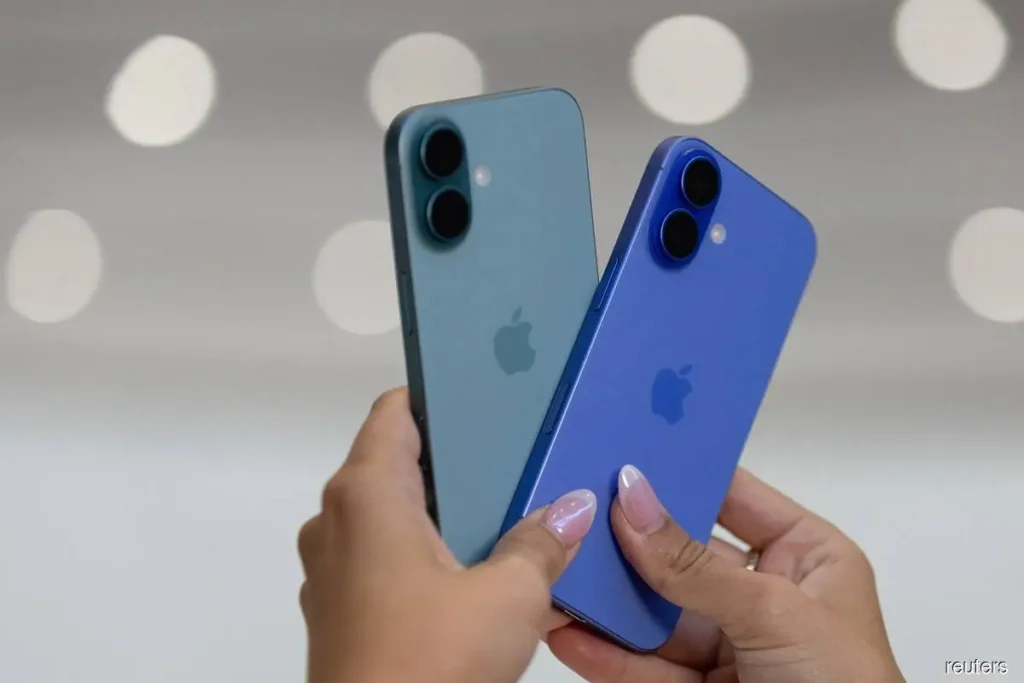Indonesia has dismissed a $100 million investment proposal from Apple aimed at lifting a sales ban on the iPhone 16, citing it as insufficient to meet the country’s local content requirements.
The ban, which took effect in November, mandates that smartphones sold domestically must include at least 40% locally-made components, a policy designed to bolster domestic manufacturing and supply chains.
The rejection was confirmed by Industry Minister Agus Gumiwang Kartasasmita during a press briefing on Monday.
“We have done an assessment, and this proposal does not meet principles of fairness,” Agus said, referencing the significantly larger investments Apple has made in neighboring countries like Vietnam and Thailand.
Apple, which does not have manufacturing facilities in Indonesia, has yet to comment on the matter.
Since 2018, the company has operated application developer academies in Indonesia, which were previously considered a partial fulfillment of local content rules for older iPhone models. However, authorities now appear to be demanding more tangible commitments to hardware production and local sourcing.
The Southeast Asian nation’s strict stance on local content extends beyond Apple. Alphabet’s Google Pixel phones have also faced a sales ban for failing to comply with the same regulations.
What to know
Apple’s $100 million proposal reportedly included plans to establish a plant for accessories and components, but officials deemed it inadequate. Agus noted that Apple has an outstanding $10 million investment commitment that should have been executed before 2023. He also indicated that Indonesia expects new investment commitments to be fulfilled through 2026.
- The government remains open to further discussions, with Agus stating that Apple would be invited to Indonesia for negotiations. The minister underscored the importance of aligning with the country’s broader goals of driving local industrial growth and securing fair investment terms.
- Indonesia’s insistence on local manufacturing aligns with broader regional trends as Southeast Asian nations compete for global tech investments. Vietnam, for instance, has become a critical hub for Apple’s supply chain, hosting numerous factories producing components and assembling devices.
- The dispute shows the challenges faced by global technology companies in navigating localization mandates while balancing investment strategies across competitive markets. For Apple, the stakes are high in a country of over 270 million people, where growing demand for smartphones represents a lucrative opportunity.
Observers now await Apple’s next move, as failure to resolve the standoff could limit its access to one of Southeast Asia’s largest and fastest-growing markets.
